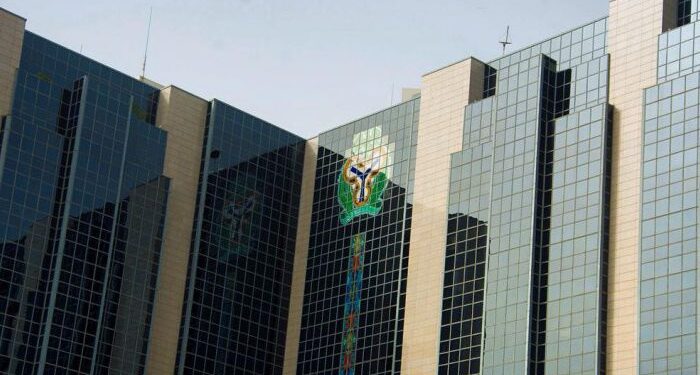The Central Bank of Nigeria has directed all Domestic Systemically Important Banks to secure its approval for the appointment of successor managing directors six months before the exit of incumbents.
The apex bank also ordered that such appointments must be made public at least three months before the outgoing chief executive formally leaves office.
The directive was contained in a circular signed by the Director of Financial Policy and Regulation, Rita Sike, and made available on Tuesday on the apex bank’s website.
“Consequently, and in line with good corporate governance practice, each DSIB is hereby required to:
“(1) Ensure it obtains regulatory approval for the appointment of a successor Managing Director (MD/CEO) not later than six months to the expiration of the tenor of the incumbent MD/CEO.
“(2) Publicly announce the appointment of the successor MD/CEO not later than three months to the planned exit of the incumbent MD/CEO. Please ensure strict compliance,” the statement read.
The move, according to the CBN, is intended to strengthen corporate governance and reduce uncertainty in Nigeria’s banking sector.
The circular explained that the requirement stems from Section 2.14 of the Corporate Governance Guidelines issued in 2023, which makes it mandatory for boards of commercial, merchant, non-interest, and payment service banks to maintain succession plans for their top leadership.
“This requirement seeks to minimise disruptions at the top management level, enable top management appointees to prepare adequately for their new roles, and generally mitigate risks associated with abrupt changes in leadership,” the CBN stated.
The bank stressed that Domestic Systemically Important Banks play a vital role in the financial system and could trigger wider instability if leadership transitions are not properly managed.
It added that the new rules would bring Nigeria in line with international best practice.
The circular comes weeks after Access Holdings Plc confirmed Innocent Ike as its substantive group managing director following regulatory approval.
His appointment followed the exit of Roosevelt Ogbonna from the board in compliance with corporate governance rules introduced by the CBN.
The leadership changes at Access, including the earlier departure of long-serving director Seyi Kumapayi, have highlighted the pace of transitions in the sector.
The return of Aigboje Aig-Imoukhuede as chairman after the death of Herbert Wigwe last year marked another turning point for the group.
With the new directive, banks will now be under pressure to ensure orderly transitions and provide clarity to stakeholders long before top executives step down.









